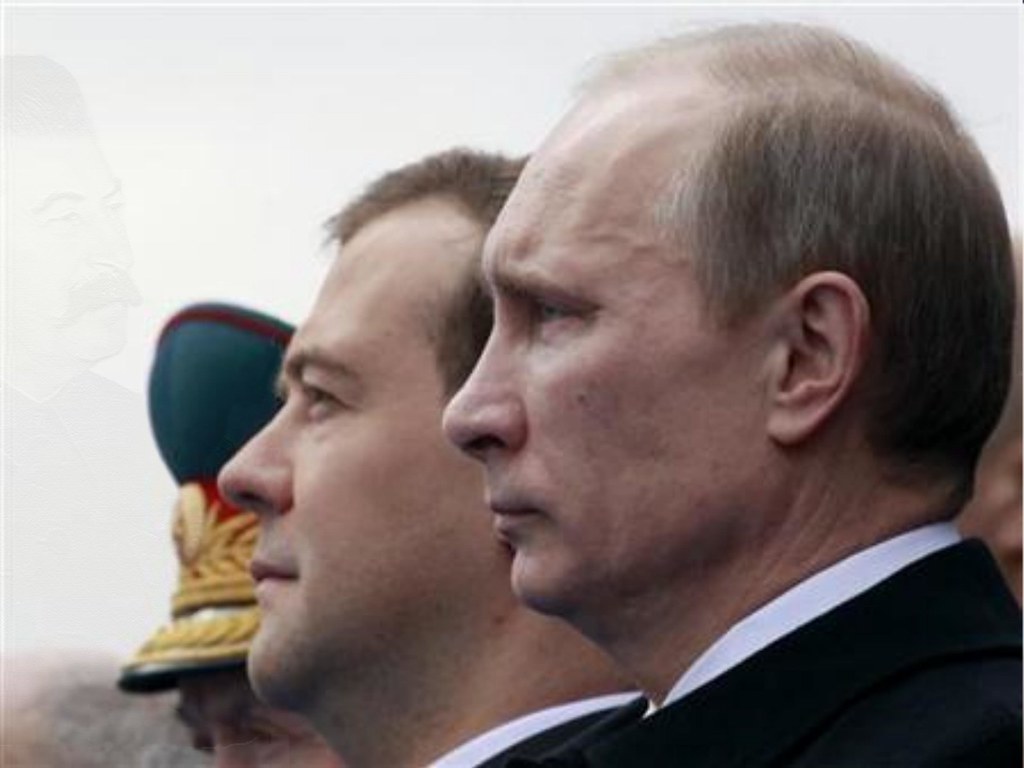The enigmatic demise of prominent Russian opposition figure Alexei Navalny has cast a profound shadow over the realm of democratic politics in Russia, sparking concerns among Kremlin critics who see it as a testament to the eroding foundations of democracy within the nation. As the spectre of Navalny’s death looms large, questions abound regarding the fate of opposition movements and the dwindling prospects of democratic governance in a country dominated by the formidable presence of Vladimir Putin.
Navalny’s untimely demise, occurring mere weeks ahead of Russia’s presidential elections, underscores a pivotal moment in the nation’s political trajectory. With Putin poised for another six-year term in office, devoid of any formidable opposition candidates and buoyed by the constitutional amendment of 2020 abolishing term limits, the prospects for a shift towards democratic governance appear increasingly bleak.
The narrative of democratic decay in Russia is not a novel one, echoing sentiments that have reverberated throughout Putin’s tenure. Within a short span after Putin assumed power, apprehensions regarding the absence of genuine opposition parties began to surface. The landscape was marred by the tragic demise of vocal dissenters such as Sergei Yushenkov, Anna Politkovskaya, and Sergei Magnitsky, whose deaths underscored the perils faced by those who dared to challenge the status quo.
The assassination of Boris Nemtsov in 2015, a vocal critic of Russia’s actions in Ukraine, further cemented the precarious position of opposition figures within the country. Navalny, emerging as a prominent figure in the opposition movement, faced a similar fate with his poisoning in 2020, followed by subsequent arrests and imprisonment on dubious charges, eliciting a glimmer of hope for change yet ultimately succumbing to the tightening grip of the Kremlin.
Putin’s encroachment on democratic freedoms reached a crescendo with the invasion of Ukraine, accompanied by draconian laws aimed at quashing dissent. The introduction of legislation imposing severe penalties for disseminating “false information” effectively silenced dissenting voices, leading to the arrest and imprisonment of opposition figures, including Vladimir Kara-Murza and Ilya Yashin, under charges of treason.
Despite the prevailing atmosphere of repression, faint whispers of resistance linger amidst the political gloom. Yulia Navalnaya’s steadfast commitment to continuing her late husband’s legacy offers a beacon of hope for the resurgence of opposition movements. Her defiance in the face of adversity symbolises a defiance against the Kremlin’s authoritarian grip, revitalising the spirit of dissent both domestically and internationally.
Additionally, the emergence of grassroots movements such as the Council of Mothers and Wives, advocating for the return of troops from Ukraine, signifies a burgeoning wave of dissent among segments of the populace. Although confronted with governmental suppression, these voices of dissent serve as a testament to the resilience of civil society in the face of autocratic rule.
However, the path to political reform remains fraught with challenges, with the Kremlin’s stranglehold on power showing little signs of loosening. As Russia grapples with the legacy of Navalny’s untimely demise and the erosion of democratic norms, the future of opposition movements hangs in the balance, poised between the allure of change and the stark realities of authoritarian rule.
In conclusion, while the demise of Alexei Navalny and the subsequent crackdown on dissent paint a grim picture of Russia’s political landscape, the resilience of opposition movements and grassroots activism offer glimmers of hope amidst the prevailing gloom. As the nation navigates through a winter of political discontent, the quest for democratic renewal remains an enduring struggle, shaped by the indomitable spirit of those who dare to challenge the status quo.


